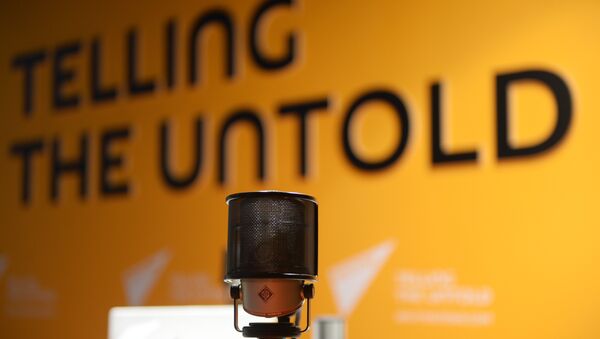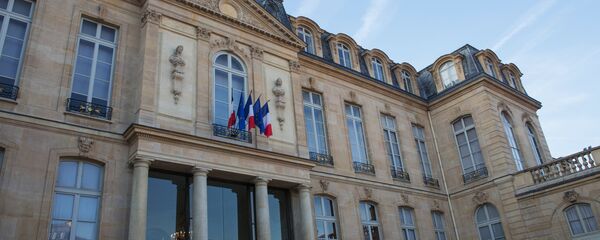According to the excerpts published on Wednesday, the new legislation would expand the powers of the country’s broadcasting watchdog Conseil Superieur de L’audiovisuel (CSA) regarding the operation of media outlets linked to foreign countries. As an example, there were only RT and Sputnik provided.
In particular, the CSA would be able to deny license applications for the media under control or influenced by foreign states, if the media outlet is suspected of threatening basic national interests or undermining state institutions, in particular, by spreading fake news.
The CSA will also be able to suspend the broadcasting of a media outlet during the period of the election campaign in case the license has already been authorized and it can withdraw from the agreement after the election period. Meanwhile, the French State Council will be able to suspend the broadcasting of such channels operating without a license via a satellite.
The social media, as well as other platforms on the Internet, will be obliged to introduce mechanisms allowing the users to notify the platform about the fake news. They will also have to inform whether the content's promotion is paid, by whom it was paid and whether the sum does not exceed the limits.
On January 3, French President Emmanuel Macron said that he would like to have a new law on social media as a precaution against "fake news" on the Internet. He added that the bill, which would serve to curtail the spread of false information during election campaigns, would be drafted within the next few weeks.
READ MORE: RT Chief Simonyan Urges Macron to Brush Up on French Constitution
Sputnik news agency was accused by Emmanuel Macron's election campaign headquarters in April of spreading fake news, in particular, regarding Macron's alleged offshore bank accounts, and refused accreditation a number of times. The French president repeated the claims in May, saying that RT and Sputnik were denied access to his campaign headquarters due to "spread of false information and slander."
Sputnik and RT's Editor-in-Chief Margarita Simonyan repeatedly stressed that not a single example of spreading misinformation by the Russian media was ever provided by Macron's team.
In December, RT France launched its operation. However, 11 French public figures called on the CSA to recall RT France's license for operating on the country's territory. The individuals claimed that the broadcaster’s operation could lead to the "confusion of minds and dissension" among the French.
In response to the letter, Simonyan referred to the famous French motto and said that the French intellectuals forgot all about liberty, equality, and fraternity.




